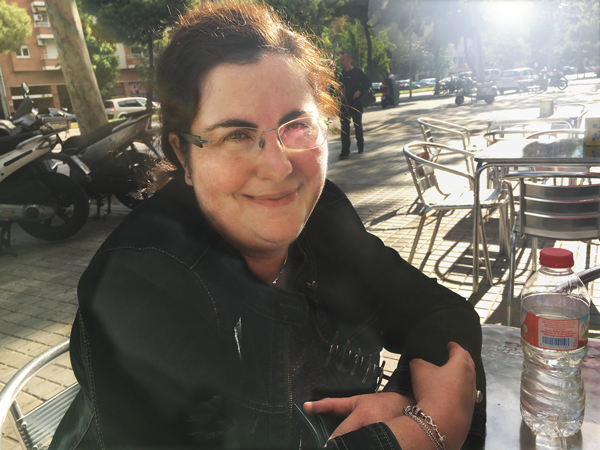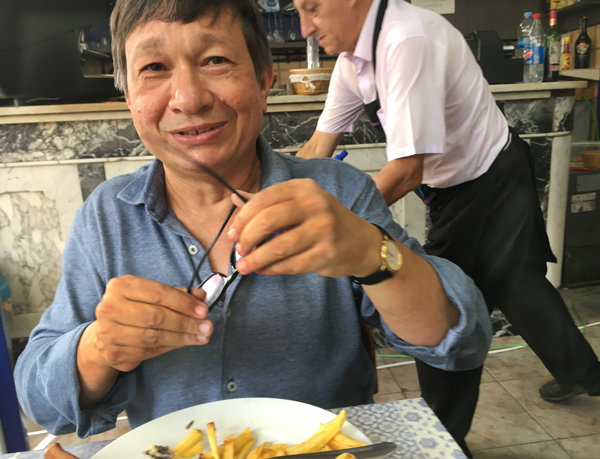Tim’s Movie Picks

Movies, films, flicks, motion pictures. Tim calls them “the most tyrannical art form in history,”
Tim Tynan takes movies apart, examines them and assigns them to high-school history students as he teaches the middle decades of a century that ended as those kids were being born.
He pushes them to pay attention to how films deal with issues like family, church and state as clues to a film maker’s values. How characters, story lines and production techniques can manipulate audiences. The Motion Picture Production Code was rigidly enforced from 1934 until 1968 for exactly that reason. (It proceeded to impose its own kind of manipulation of course.)
Tim’s very binge-able list of celluloid classics stretches from the mass urban migrations of 1920s through the Great Depression and WWII, the postwar 50s, nuclear brinksmanship, the struggle for Civil Rights and the Sexual Revolution of the 60s and 70s:
“Sunrise” 1928. German, subtitles. Betrayal, temptation, murder. Often called greatest film of the Silent Era. Read more…




